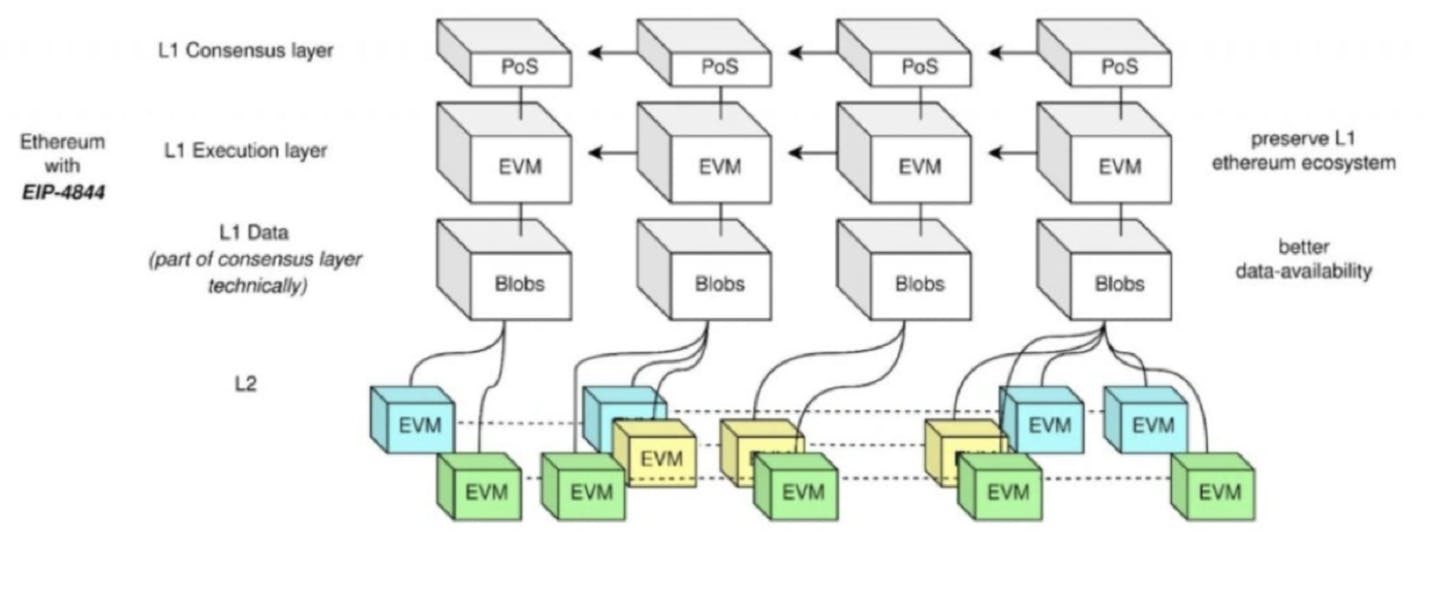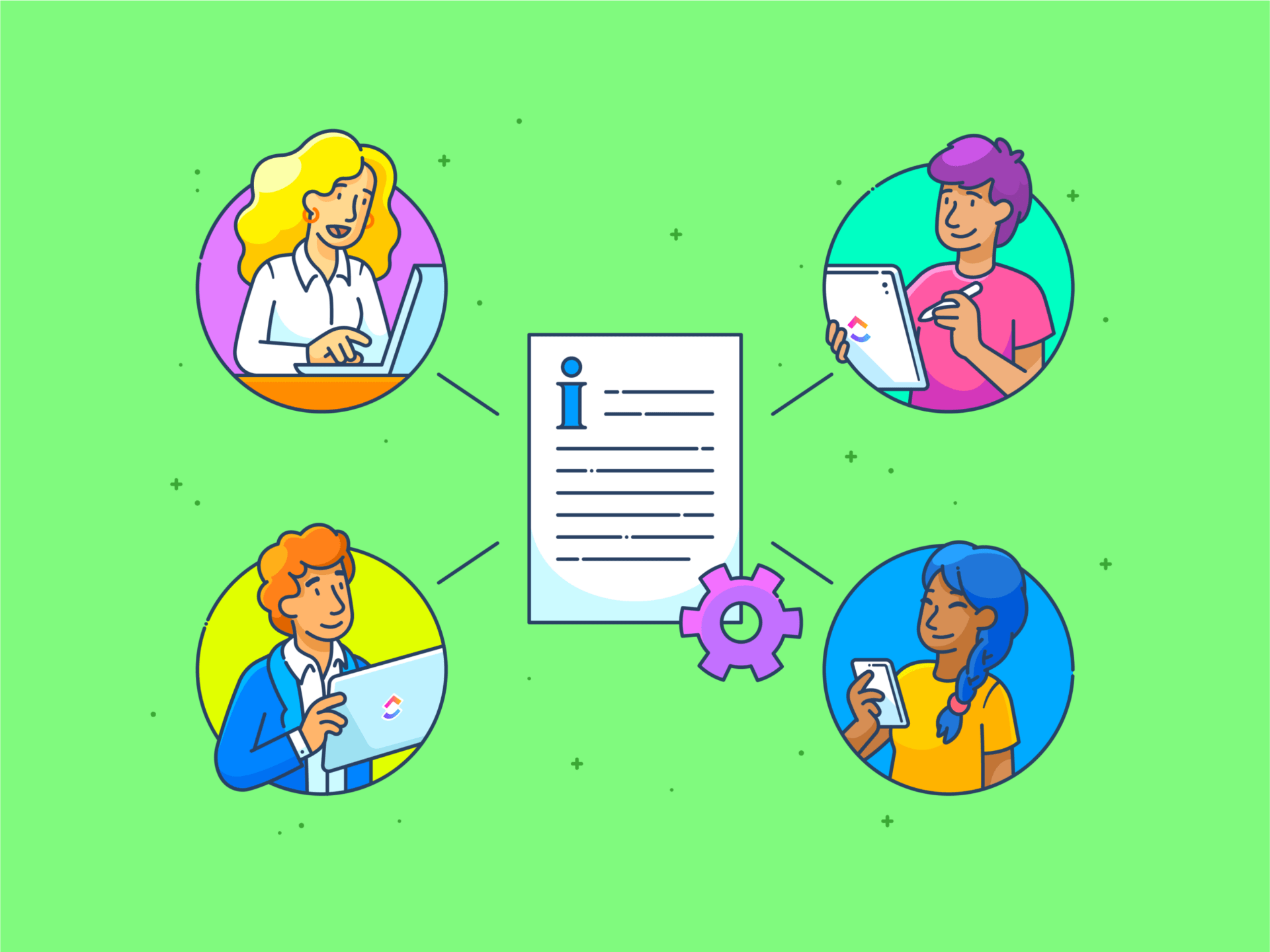Docker Desktop 4.40, released on March 31, 2025, introduces a suite of features aimed at enhancing AI development workflows and strengthening enterprise compliance capabilities.
A notable addition is the Docker Model Runner, currently in beta for macOS with Apple Silicon. This feature allows developers to pull, run, and manage AI models directly from Docker Hub within Docker Desktop, streamlining the process of integrating AI models into containerized applications.
Traditionally, integrating AI models into applications has required manual setup, environment configuration, and often the use of external platforms or tools to run and test models. The Model Runner changes this by allowing developers to pull, run, and manage AI models as easily as they would run containers — directly from Docker Hub, using familiar Docker workflows.
This functionality is important because it bridges the gap between model development and application deployment. Developers can now test models in a controlled environment without needing to rely on cloud-based inference APIs or heavy local setups. This encourages more experimentation and tighter integration of AI into everyday development workflows, particularly useful for building AI-enhanced applications where models need to be embedded or fine-tuned locally.
The Model Runner supports popular model formats and can execute models with standard inputs, making it a general-purpose tool for running inference tasks. Whether it’s image recognition, text generation, or other predictive capabilities, developers can now treat models as first-class citizens in their toolchain. Over time, this could lead to more seamless AI integration across DevOps practices, from prototyping to deployment.
As part of the release, the Docker AI Agent has been upgraded to support the Model Context Protocol (MCP), enabling it to function both as a client and a server. This integration allows the AI Agent to interact seamlessly with external tools and data sources, enhancing its utility in various development scenarios. Developers can now perform tasks such as running shell commands, managing local files, and conducting Git operations directly through the AI Agent.
Complementing the AI Agent’s capabilities, the new AI Tool Catalog extension in Docker Desktop provides a centralized platform for discovering and connecting to various MCP servers. This extension simplifies the process of integrating additional AI tools and models into the Docker ecosystem, promoting a more modular and customizable development environment.
For enterprise users, Docker Desktop 4.40 introduces Settings Reporting, a feature that offers administrators comprehensive visibility into user compliance with assigned settings policies. This enhancement builds upon the Desktop Settings Management capabilities introduced in version 4.36, providing organizations with improved tools for enforcing compliance and security standards across development teams.
Overall, Docker Desktop 4.40 represents a step forward in integrating AI development tools into the Docker ecosystem while also addressing the compliance needs of enterprise users.








